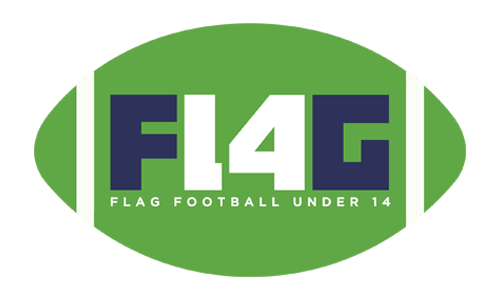John Hacker was a gifted athlete from a young age. He was the captain of his high school baseball, basketball, and football teams before deciding to continue playing baseball at Missouri State University. Hacker also excelled academically and became a respected, award-winning attorney. A loving husband and father, he began to suffer from headaches, confusion and depression in his mid-30s. John Hacker was found dead on November 19, 2019, at age 39. Researchers at the UNITE Brain Bank later diagnosed him with Stage 1 (of 4) Chronic Traumatic Encephalopathy (CTE). David and Dana Hacker are sharing their son’s story to educate other parents of the dangers of youth contact sports.
We fell in love with John at first sight on March 25, 1980, and that will always be. We thought we had the perfect family and the perfect life.
We lost our beautiful, gifted son tragically 39 years later leaving us to somehow piece together an inexplicable puzzle. We never dreamed CTE would be our story, but we are grateful to the UNITE Brain Bank team for their knowledge and compassion as we travel this path. They have given us some answers to our questions we believed had no answers.
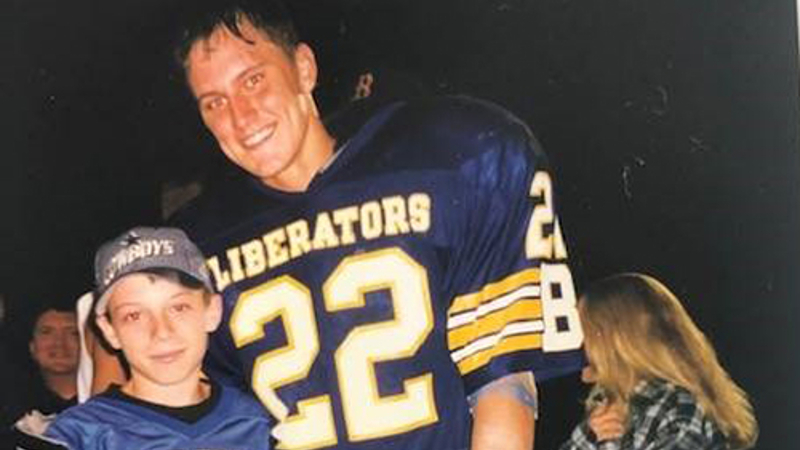
Our son John was a joy from the beginning. He wore a mischievous grin and twinkle in his eye that earned him lots of love and many friends.
From a very early age, he excelled in music and sports. He played violin and piano for us and he passionately played anything with a ball and friends for himself. That passion and intensity never changed with the many teams for which he played.
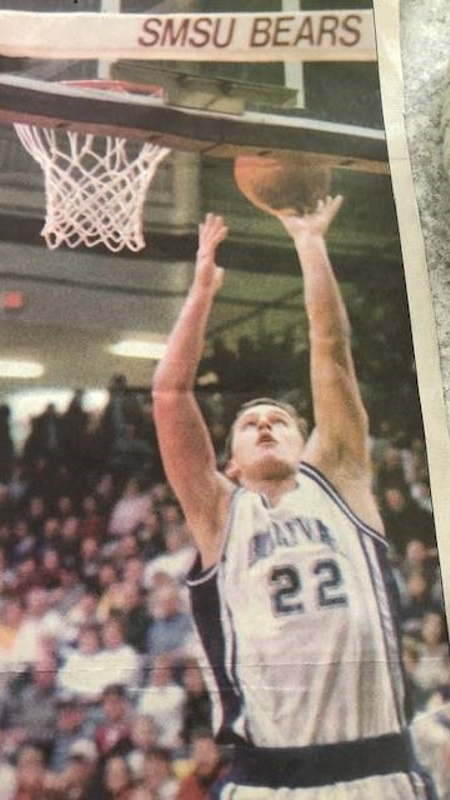
John played sports year-round, both at school and with travel teams. He always played at full speed whether it was practice or for a championship. We filled our summers with many trips, awards, and friendships. He also loved to run, and he was fast, holding the record in Missouri in the 50 and 100-yard Hershey Meet. The performance won him a chaperoned spot to compete nationally where he placed third two years in a row.
John loved varsity sports and was named captain of his baseball, basketball, and football teams his senior year in high school. He was recruited for college programs in each sport. He was plagued by injuries throughout his athletic career breaking both feet his senior year and, of course, numerous head injuries. Because of his history of injuries, he decided to play D1 baseball at Missouri State rather than the riskier offer of football at MU. We applauded that decision and felt a sense of relief as we hoped for a more injury free future.

John also did well academically. He had been placed in gifted education in elementary which he did not particularly enjoy. He was glad to rejoin his friends as soon as we allowed him to drop out of the program in middle school. He made high honor roll every quarter throughout his academic career and was named All-State Academic and Scholar Athletic Award in high school. He also loved to sing and was in honor choir and earned state vocal music honors. He was named Bolivar High School Outstanding Bass. His life looked so bright.
John dropped out of MSU baseball his sophomore year for a variety of reasons including another injury. He also had a tentative plan to attend law school and knew he needed to buckle down. He was accepted as a student at the Creighton University School of Law and graduated from there 3 years later. He enjoyed both his undergrad and law school experience, again making many friends that valued him for his kindness and sense of humor. He continued to maintain these friendships until his death. John never left a friend behind and they came by the hundreds to his memorial service; friends from his youth sports, high school athletics, college players and many of his fellow attorneys. He was beloved by everyone.
I’m not sure when we began to notice John changing. I do remember he came home from law school unexpectedly, citing depression. We did not take it as seriously as we should have. We cheered him up and sent him back. It was just so hard to believe that a guy that seemingly had everything was depressed. Our hindsight is clear. It was the beginning of traces that we would much later attribute to CTE.

John graduated from Creighton Law School and passed the bar exam on the first try and was hired by a well-known firm that he had interned with in college. Eventually, he started his own practice and married a lovely girl. Together they had two children that were the center of their lives. His family meant the world to him and they were loved and adored. Most days looked good from our perspective, but we now know John was very adept at hiding symptoms. He was not one to draw attention to himself and he did not want us to worry. We did begin to see signs of a struggle as his health declined. We sought a variety of medical help with no definitive answers.
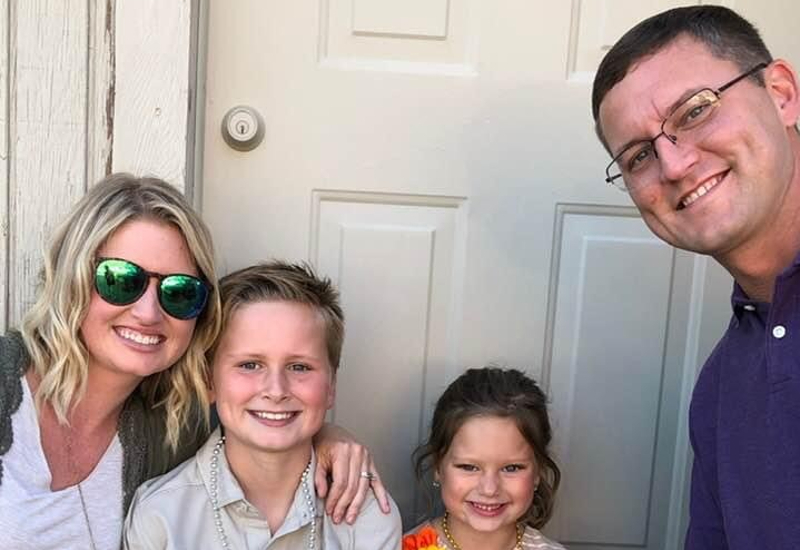
John was well known and respected in the legal field and was honored to receive the Equal Access to Justice Award. It was evidence he believed all people deserve legal representation, and he took many cases with little or no fee. While representing such a case two years prior to his death, John suffered a seizure while in court and was hospitalized for several days. The seizure was the turning point in all of our lives. We began to seek answers in earnest. John suspected he could be experiencing symptoms of CTE. When he told us, we wanted it to be anything else, knowing the prognosis. CTE can only be diagnosed postmortem so at this point we didn’t have answers, but the possibility was frightening.
The following years were filled with both good and bad times. The bad days became more frequent as time took its toll. John somehow managed to continue with his law practice, coach Jack and Annie’s teams, and hang out with friends although we were all very worried. He was hospitalized several times, again never with any real answers or help.
The second week in November 2019 John disappeared after a visit to our lake home. He had not been well and came to our house for a few days of peace and quiet. He was depressed, somewhat confused, and had a severe headache. As the week passed, he felt better and planned on coaching Jack’s game on Saturday morning. When we woke up that morning, John was gone. He was reported missing and after an exhaustive 4-day search, he was found in shallow water, lakeside. We do not know exactly what happened that night. We did not see any cause for alarm. We will always think it was another seizure. Maybe not.
After John’s death, we sought the help of the Concussion Legacy Foundation because of John’s sports related concussions and his own opinion that something was terribly wrong in his head. We needed definitive answers and had nowhere to turn so we decided to donate his brain to the UNITE Brain Bank where researchers diagnosed Stage I CTE. With the encouragement and support of CLF, we have spoken out on our local tv channel as well as our newspaper in an effort to arm other parents with the information of the danger of playing contact sports at an early age. We believe this is what John would have wanted. If only we had this information sooner, we would have made very different decisions.
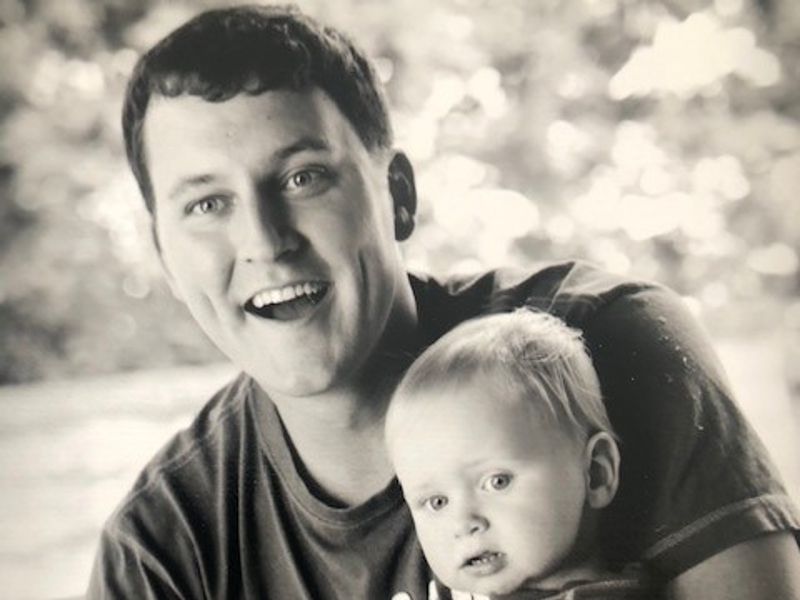
We will forever miss and love our beautiful son who we believe suffered and died because of early participation and injuries suffered in contact sports. His life was a blessing. His death destroyed us.
John was diagnosed with CTE even though he stopped playing contact sports after high school. In hindsight, John suffered a lot of head trauma while he was in high school and before that could have been avoided. The very first play of junior high football in seventh grade he was knocked unconscious on the field.
Knowing what we do now, we wouldn’t have taken the risk. We want other parents to understand that letting children play contacts sports is exactly that, a risk.
The Flag Football Under 14 campaign is the Concussion Legacy Foundation’s awareness and education program designed to help parents make informed decisions about youth tackle football. The Concussion Legacy Foundation strongly recommends that parents wait until age 14 to enrolling children in tackle football. Learn why.

